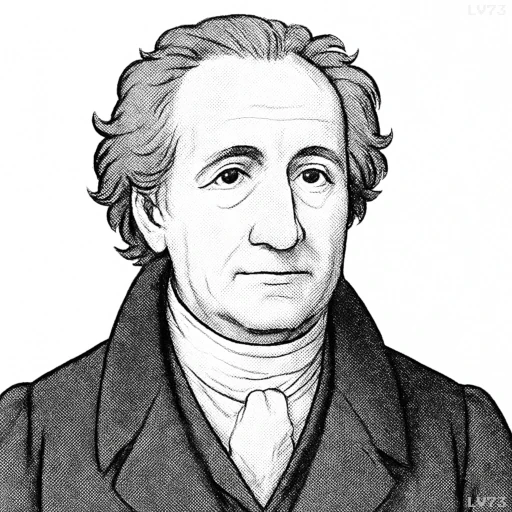“Age merely shows what children we remain.”

- August 28, 1749 – March 22, 1832
- German
- Poet, playwright, novelist, philosopher, politician
table of contents
Quote
“Age merely shows what children we remain.”
Explanation
Goethe suggests that as we grow older, we often remain the same in many ways as we were in our youth. While physical aging brings changes to the body, it does little to alter the essential nature of a person. The childish traits—whether they are emotional, impulsive, or naïve—often persist throughout life, no matter how much we might mature in other ways. Age may make these immature qualities more visible, as the external world expects more from us, but they are still part of who we are. Ultimately, our core nature, with its strengths and flaws, remains the same, and aging simply highlights the ways in which we still carry the spirit of our younger selves.
Historically, this idea reflects Goethe’s understanding of the continuity of human nature. Throughout life, individuals remain marked by their experiences, character, and innate tendencies, even as they grow older. Goethe, in his philosophical reflections on human existence, recognized that no matter how much one matures or experiences, certain aspects of human nature remain unchanged, sometimes showing themselves more clearly as one ages.
In modern contexts, this idea is relevant when we consider how people continue to show traits from their early years throughout their lives. For example, emotional patterns formed in childhood—such as impulsivity, fears, or desires—often persist into adulthood. Similarly, certain naïve or idealistic tendencies may still appear, even in older individuals who have had vast life experiences. Psychological theories, such as Freud’s ideas about the unconscious mind, also suggest that much of our adult behavior is shaped by childhood experiences that continue to influence us throughout life.
Goethe’s words remind us that aging doesn’t necessarily bring about a complete transformation of our inner selves; rather, it emphasizes the qualities that were always part of us. The child within us remains, influencing our actions and perceptions, regardless of the number of years we accumulate. It encourages reflection on how we grow over time, and how much of our core self remains unchanged, no matter how old we become.
Would you like to share your impressions or related stories about this quote in the comments section?



